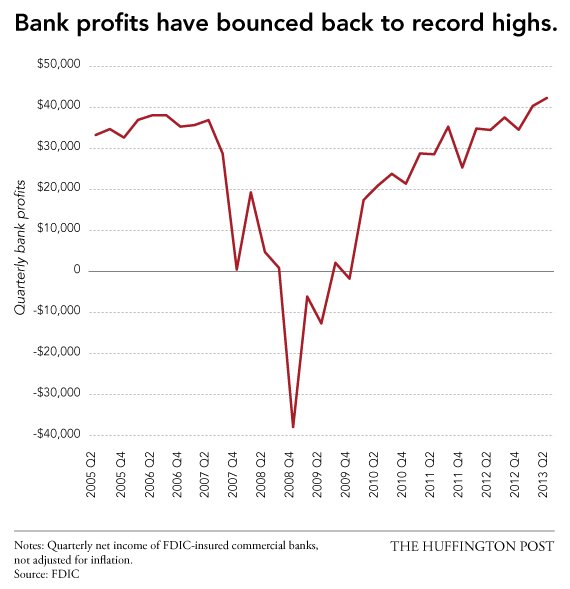 I have $10 in my pocket. It might as well be $1,000,000. I have that much of a clue as to what to do with it. It doesn’t seem like a lot of money but it is heavy with meaning and generosity
I have $10 in my pocket. It might as well be $1,000,000. I have that much of a clue as to what to do with it. It doesn’t seem like a lot of money but it is heavy with meaning and generosity
I’ve had a rough, well, let’s say year and a few months. I’ve been quiet over here because I am more of an internal processor when life goes south and in many ways it has. But in many ways, it’s pretty great. I am on the verge of a new chapter and over the last few months, I have spent a lot of time practicing the disciplines of trust, silence, meditation and prayer.
This morning I had the privilege (and I actually mean that) to lead worship at a service that is held weekly at Justa Center in downtown Phoenix. Justa is a day center for homeless senior citizens that is a ministry of the United Methodist Church. There were only a handful of people there but God was there, and the room was full.
The last couple of weeks has been pretty hectic for me, including an out-of-state job interview, final projects for a class, leading music at City Square and starting a business. I’m not going to say I phoned in planning the service at Justa Center, but it didn’t get my full attention until the night before. I had been reading the lectionary passages but nothing really struck me. As I went through past messages, I pulled out some thoughts on hope from John 20, which seemed appropriate as Thursday was Ascension Day and this was the last Sunday of Easter.
In John 20, the disciples have locked themselves in a small room, but even though the doors were locked, Jesus showed up. We talked about the importance of being hopeful and not allowing our perspectives to get small and trust that Jesus will show up. After the service, they asked me to do another song, so I pulled something out of my back pocket and sang for them for a bit.
It was so lovely and there was such a great spirit in the room. My heart was full and I was so happy to have been there. Then Nola came back into the room and pressed an envelope in my hand. She said had been blessed by the service and wanted me to have the donation she had put in the offering plate. She was thankful to have good news about possible permanent housing and felt God told her to give something to me. It was $10. A five and five ones. From an older woman who is in recovery, living in a shelter, one rung above homeless. I froze, thanked her, and then went to find the coordinator.
“What do I do with this?” I asked him. “I can’t take money from a homeless woman.” He said that she had felt very strongly that God wanted her to give that to me and that I should take it in the spirit it was intended, from a pure, generous heart.
So I have this $10 in my pocket. It’s the heaviest paper money I’ve ever had in my possession. I cry every time I think about it. I still don’t know what I’m going to do with it, but I am going to spend a lot of time praying and meditating over it. She is the woman who gave all she had. To a woman who has stuff and who just this week was expressing anxiety about being unemployed. I am humbled and thankful. Nola is not a lazy taker. She is a woman with a generous spirit despite her circumstances who wants to contribute and has a heart to worship God. I have been taught a great lesson and will use my $10 wisely.




